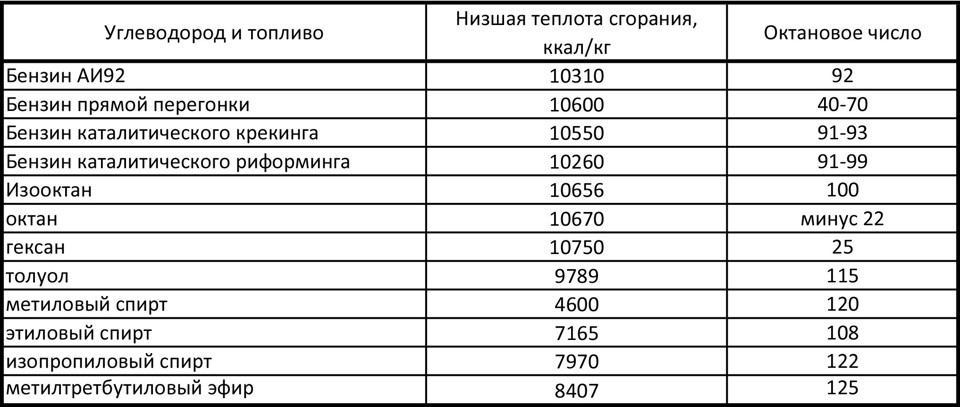
Engine octane number and engine performance parameters. What is the octane rating of gasoline?
Content
- What is an octane number?
- What is the octane number of gasoline? How to read the composition of the fuel?
- Fuel octane ratings - RON and MON
- Why produce fuel with different octane ratings?
- And if you fill in a car with a high compression ratio with low-octane gasoline?
- What if a low compression engine gets 98 octane gasoline?
- A few words about detonation combustion
- Where is high octane fuel used?
What is an octane number?
Octane number is a parameter that determines the resistance of a given fuel to detonation. In every spark-ignition engine, the air/fuel mixture ignites at exactly the right moment. These units are designed in such a way that combustion does not occur with the participation of the created pressure only by means of a spark. Therefore, gasoline engines usually have a lower compression ratio than compression ignition engines (they burn under pressure).
If the octane number is too low, uncontrolled combustion in the cylinder may occur during combustion. Their occurrence is local in nature and occurs before the actual combustion of the fuel-air mixture. This is not just an inconvenience for the driver, who may feel a knock when the engine is running. The prolonged phenomenon of uncontrolled detonation contributes to the destruction of the power unit of the car.
What is the octane number of gasoline? How to read the composition of the fuel?
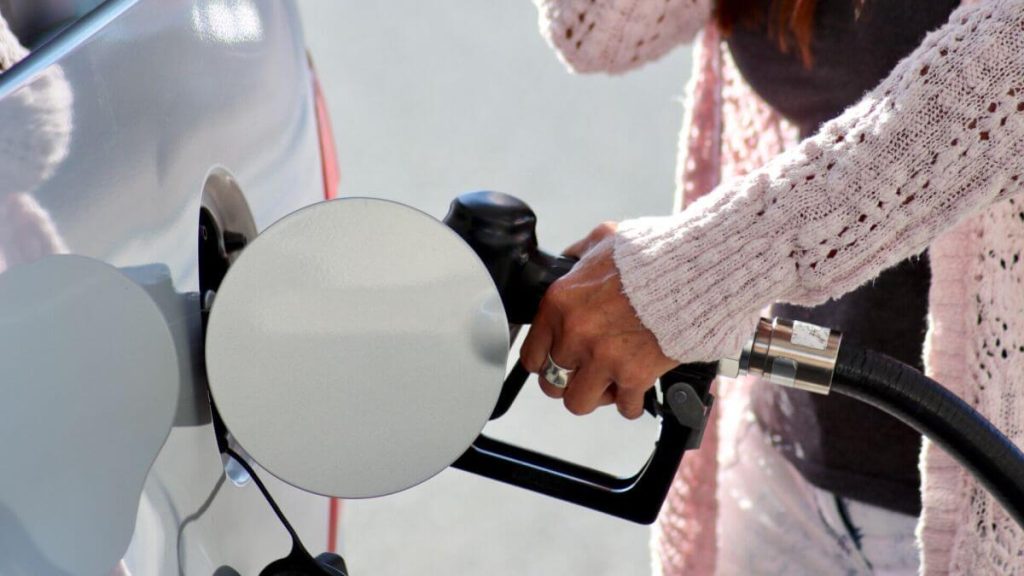
At gas stations, you will find gasoline with an octane rating of 95 or 98. The latter type of fuel is more resistant to detonation combustion (knock combustion). However, how is the process of measuring the anti-knock properties of fuels carried out? Special standards and test engines are used for this. First things first.
The value that is needed to determine the octane amount of gasoline is to compare its combustion ability with two fuel components - n-heptane and isooctane. The first of them burns the worst and receives the conditional value "0". Isooctane, on the contrary, has the best properties of all aliphatic hydrocarbons in fuel. Therefore, its value was specified as "100".
Next, you'll need a test engine. It works using a suitable mixture of isooctane and n-heptane. If a fuel mixture prepared for testing, having an unclear octane amount, provides the same engine operating conditions as a combination of the two above substances, it takes an octane number at the level of isooctane percent.
For example: The material used for the test was 80% isooctane and 20% n-heptane. The engine was running on a fuel mixture with unclear values and received the same values as the above fuel mixture. mixture of two hydrocarbons. What is the conclusion? The octane amount of gasoline is 80.
Fuel octane ratings - RON and MON
Currently, several procedures are used to determine the sum of octane numbers for specific fuels. It:
- RON (Research Acetate Number);
- MY (Engine octane);
- DON/WHO (expensive octane number / Antiknock index).
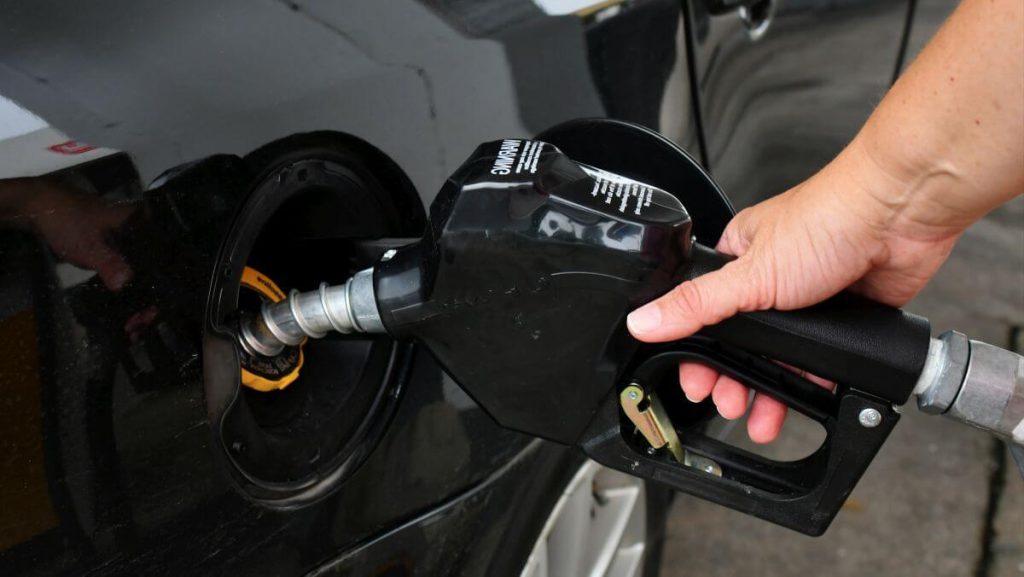
RON procedure
The RON test procedure uses a single-cylinder engine that runs continuously at 600 rpm. During the work cycle, its compression ratio is constantly increased to determine the octane rating of the gasoline. This type of measurement is excellent for determining the operating conditions of a less heavily loaded machine.
PN procedure
The situation is somewhat different with the MON procedure. A single-cylinder unit with a variable compression ratio is also used. However, it runs at 900 rpm. Thus, it reflects well what happens during the operation of the device under heavy load.
Procedure DON/OPP
For DON/AKI measurement procedures, RON+MON/2 values are taken into account. This is how the octane number is determined in the USA, Canada and other countries.
Why produce fuel with different octane ratings?
First of all, the operating conditions of individual drive units differ from each other. Released almost 30 years ago, the Audi 80 model with a 2.0 hp 90 engine. had a compression ratio of 9.0:1. By today's standards, this result is not stunning, so for the correct operation of this unit, gasoline with an octane rating of 95 was used. However, the technology is aimed at ecology, economy and ensuring the highest possible performance. Mazda introduced a 14:1 petrol engine with significantly more power and lower fuel consumption.
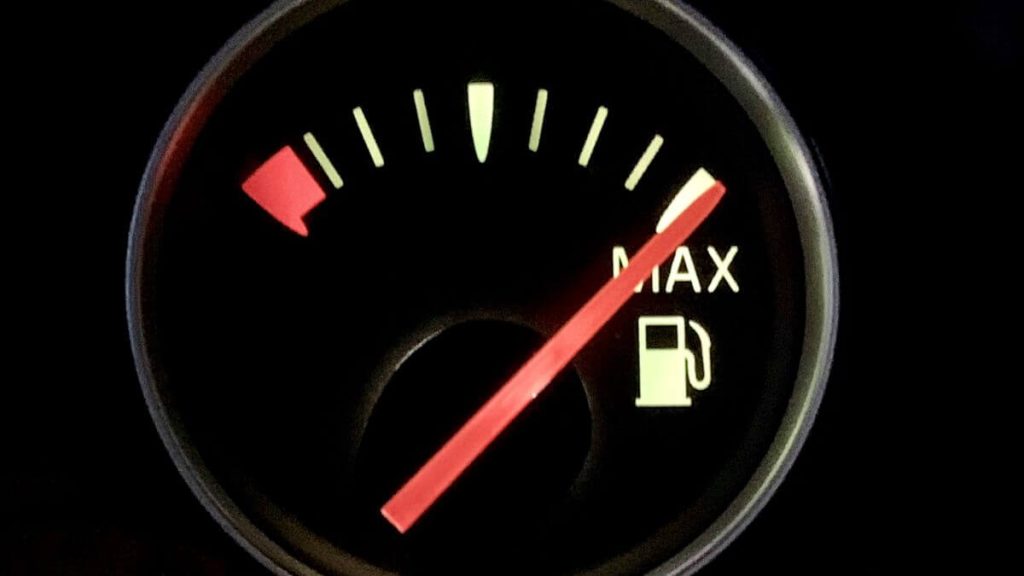
And if you fill in a car with a high compression ratio with low-octane gasoline?
There is a good chance that the engine will not perform as well as when using the fuel recommended by the manufacturer. It may experience irregular detonation cycles and disturbing noises. In cars that have the ability to adjust the ignition timing for the currently used gasoline, nothing will change in the culture of the engine, but it will have less power.
What if a low compression engine gets 98 octane gasoline?
In practice, this could mean… nothing at all. If the unit is not adapted to operate on high-octane fuel (there is no way to independently adjust the advance angle), the car may even suffer losses.
As the octane number of gasoline increases, the energy value decreases. Therefore, for example, vehicles equipped with LPG must receive a large dose of this gasoline in order to achieve comparable performance, as is the case with gasoline (LPG has an "LO" of more than 100).
Therefore, stories like “poured 98 and had to hold the steering wheel tighter!” you can safely put between fairy tales.
A few words about detonation combustion
You already know that the wrong fuel octane rating for a particular engine can lead to knocking combustion. But what does it really threaten? First of all, the uncontrolled and too early moment of detonation of the fuel causes a deterioration in the performance obtained by the unit. Vehicles currently in use have sensors to protect against such engine operation. In practice, they contribute to increasing the ignition timing in order to delay it.
Driving for a long time on the wrong fuel can damage the above sensor. An increase in the operating temperature of the unit also contributes to a decrease in the strength of the valves and valve seats, as well as the pistons and the entire crank system. strengthEngines that do not use fuel that meets the manufacturer's recommendations can permanently fail, for example, due to burnout of holes in the piston crowns.
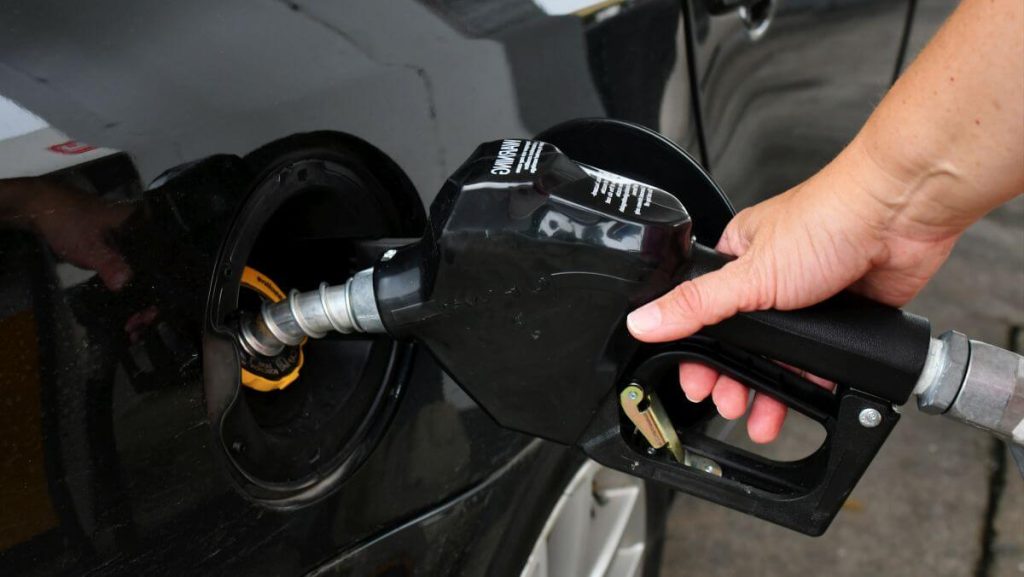
Where is high octane fuel used?
High octane fuel is useful in auto racing and other automotive competitions where space-powered vehicles are used. However, the value of engines of this type lies not in the fuel, but in the modifications carried out in them. Usually increase the compression ratio, reduce the ignition timing, add turbocharging and nitrous oxide injection. In such designs, the octane number of gasoline is important due to protection against harmful combustion, which increases dramatically.
As you can see, there are many reasons to skillfully choose a particular type of fuel for your car. In order not to destroy it, we recommend that you adhere to the index indicated by the manufacturer. Then you can enjoy the quiet and trouble-free operation of your unit. long haul!